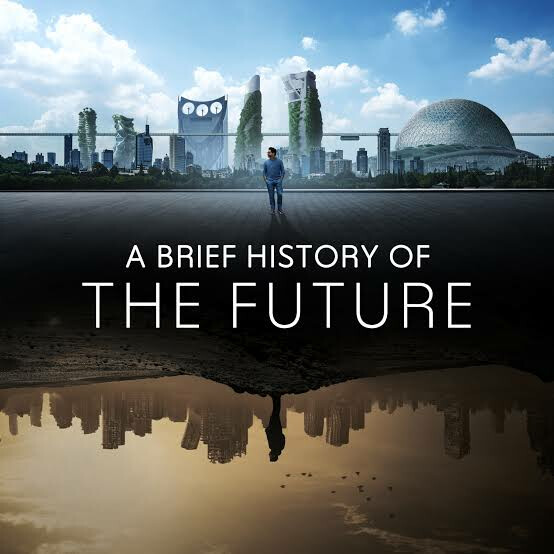Spiritual Connection: A Bridge Over Troubled Water
February 10, 2026

I know what I'm doing. I have it all planned out —
plans to take care of you, not abandon you,
plans to give you the future you hope for.
~ Jeremiah 29:11 (The Message)
What Inspires You?
During the summer as a kid in the 80s, when I wasn’t riding a bike around the neighborhood, playing basketball on the dirt court near my uncle’s chicken coop, playing football in the street, or watching wrestling, I was watching PBS (the Public Broadcasting Service). I would watch Sesame Street, The Electric Company, Mister Rogers' Neighborhood, and Reading Rainbow religiously. (I still believe Reading Rainbow has the greatest opening song of any show ever!) There is so much that I remember learning and experiencing while watching PBS from the carpet of our wood-paneled living room.
Today, I still watch PBS. Almost weekly, I discover a documentary or hear a report about people that are working to make this world a better place. In 2024, PBS aired a six-part series called A Brief History of the Future, hosted by Ari Wallach. The series challenged a dystopian view of the future by offering an encouraging perspective which explored potential solutions to many of the world's most pressing problems. Viewers were invited to imagine a world that is full of discovery, hope, and possibility. The series attempts to encourage viewers to understand their power to shape a world that will help future generations thrive. A Brief History of the Future weaves together various aspects of the human experience with unexpected storytelling and tries to expand our understanding of the impact that our current choices will have on our world tomorrow.
I was very inspired by this series, in part because it is hopeful without being naïve. While not ignoring the fact that much of our world is broken, the series presents people who refuse to believe that things have to stay broken. It provides an amazing dose of realistic optimism. Yes, there are big issues in this world that will require incredible energy and resources to solve. But, with God’s help and when we work together, there are things that we all can do to bring about incremental change in our communities.
In Dr. Juliana Claassens’ commentary on today’s text, she reminds us that the book of Jeremiah is written to a traumatized community whose world seems to be broken. They had lost not only loved ones, their homes, their beloved city of Jerusalem, their language, and their culture, but also the familiar expressions of their religion connected to the temple that had been destroyed. The underlying question addressed by Jeremiah’s letter is one that may also live in many other uprooted individuals and communities: How does one go on after such a devastating disaster? How do we find hope? There are likely similar questions being asked by those whose lives have been impacted by the recent floods throughout Central Texas.
Within its context, our text from Jeremiah contains words from God that remind God’s people that even though there are challenges before them, they are not forgotten. These are words that speak to the fact that God is always concerned about the future of God’s people. Again, the text from the Message Bible reads, “I know what I’m doing. I have it all planned out — plans to take care of you, not abandon you, plans to give you the future you hope for.”
This text should inspire us. It should motivate us to make sure that we are working with God to create a future where people know that they are cared for, a world where no one feels abandoned, and everyone has a future filled with hope.
What are some ways that you are inspiring and encouraging others?
February 10, 2026
February 03, 2026
January 27, 2026